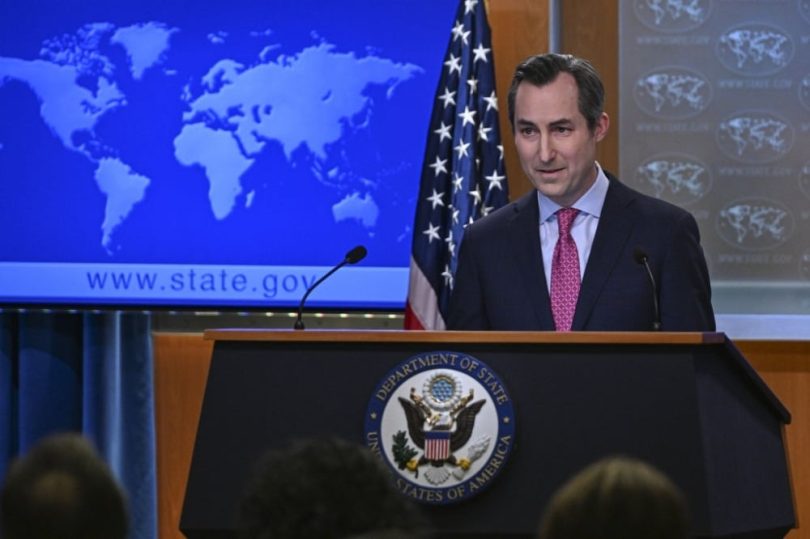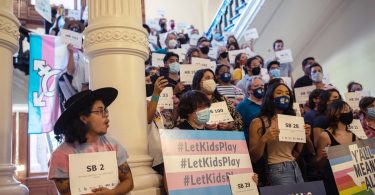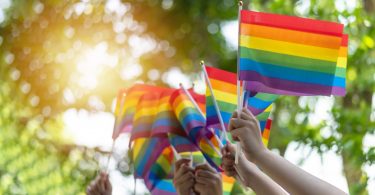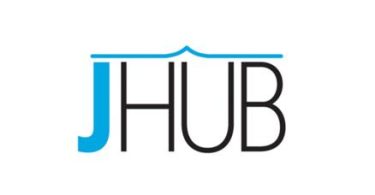US State Department Spokesperson Matthew Miller. (Celal Gunes/Anadolu via Getty Images)
Ghana’s Human Sexual Rights and Family Values Bill – passed by its parliament this week – may hurt the country’s economic prospects, the US has warned.
At the same time, the United Nations described the law as an enforcer of “criminal sanctions”.
Matthew Miller, a spokesperson for the US State Department, said the law had far-reaching consequences.
“The Bill would undermine Ghana’s valuable public health, media and civic spaces, and economy. International business coalitions have already stated that such discrimination in Ghana would harm business and economic growth in the country,” Miller said in a statement.
Ghana is following in the footsteps of Uganda, which has its own Anti-Homosexuality Act.
The US reacted by removing Uganda from the African Growth and Opportunity Act (AGOA), while the World Bank withheld new loans because the law contradicted the bank’s core values.
Numerous rights organisations in Ghana have spoken against the bill, and the US said it was echoing “the call by those Ghanaians who have urged a review of the constitutionality of the bill to protect the rights of all individuals in Ghana”.
The major concern for the US was that “limiting the rights of one group in a society undermines the rights of all”.
The US also said the new law was out of line with Ghana’s known international reputation.
“Ghana’s tradition of tolerance, peace, and respect for human rights is a source of stability and prosperity that has long served as a model for countries around the globe. This legislation is inconsistent with these values and will if it becomes law, undermine this laudable tradition,” Miller said.
UN High Commissioner for Human Rights Volker Türk said the bill would broaden the scope persecuting the LGBTQI+ community and its allies.
He said:
I call for the bill not to become law. I urge the Ghanaian government to take steps to ensure everyone can live free from violence, stigma, and discrimination, regardless of their sexual orientation or gender identity. Consensual same-sex conduct should never be criminalised.
Türk voiced great concern that the bill criminalises the lawful activity of human rights advocates, teachers, medical professionals, landlords, and those seeking healthcare, while also severely restricting everyone’s freedom of assembly and expression in Ghana.
“The bill is contrary to Ghana’s constitution and freely undertaken regional and international human rights obligations and commitments – including to leave no one behind in the implementation of the 2030 Agenda for Sustainable Development,” he said.
ALSO READ | Kenya could follow Uganda as East African nations wage war on LGBT rights
“Criminal sanctions for consensual same-sex conduct not only violate key international human rights norms and standards on equality, non-discrimination, privacy and equal protection of the law, among others – there is extensive evidence that they legitimise prejudice, expose people to hate crime, police abuse, harassment, intimidation, blackmail, and torture.
“They also perpetuate discrimination and denial of access to basic services, including in healthcare, education and housing.”
The law will criminalise anyone who simply identifies as LGBTQI+, as well as any friend, family, or community member who fails to report them.
Same-sex relationships may be penalised with imprisonment ranging from six months to three years.
The News24 Africa Desk is supported by the Hanns Seidel Foundation. The stories produced through the Africa Desk and the opinions and statements that may be contained herein do not reflect those of the Hanns Seidel Foundation.







